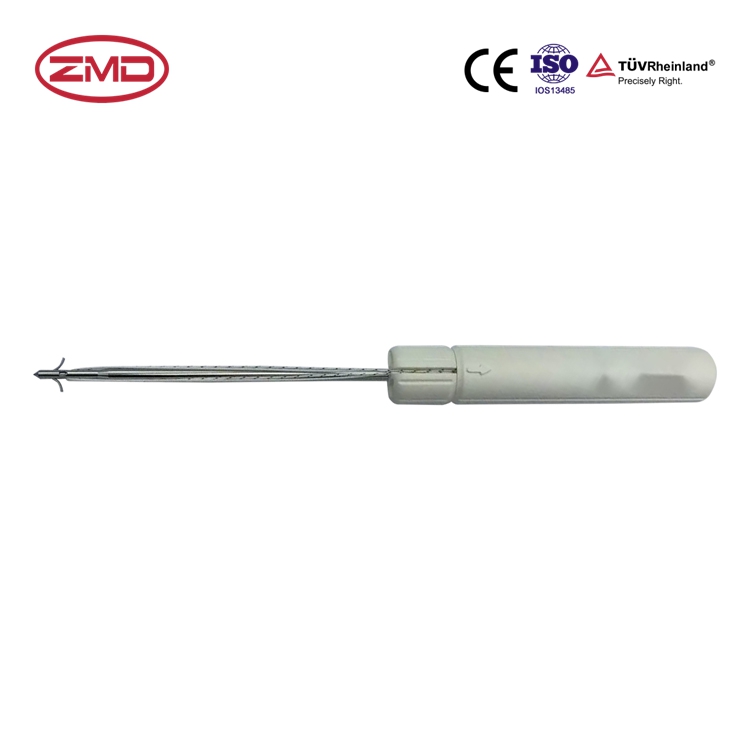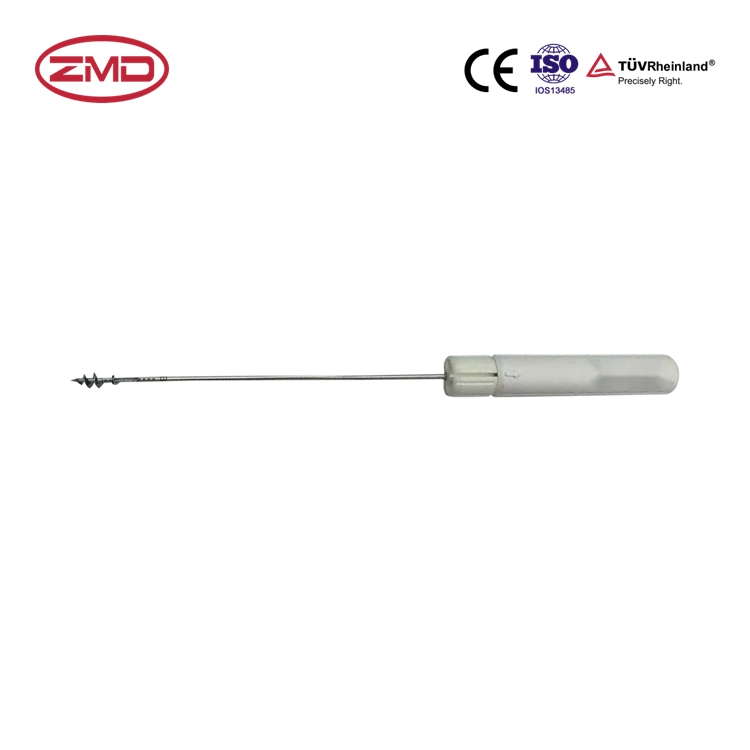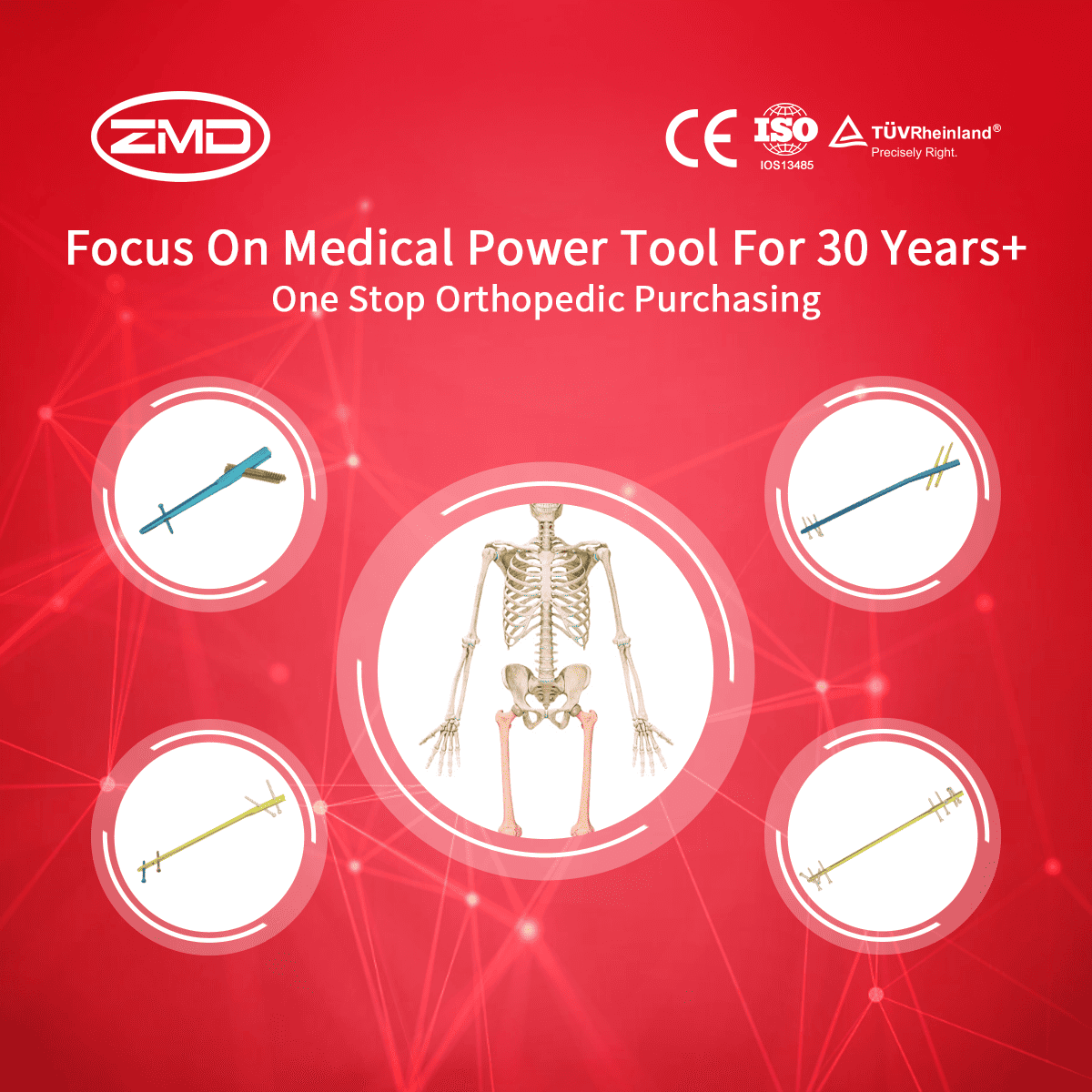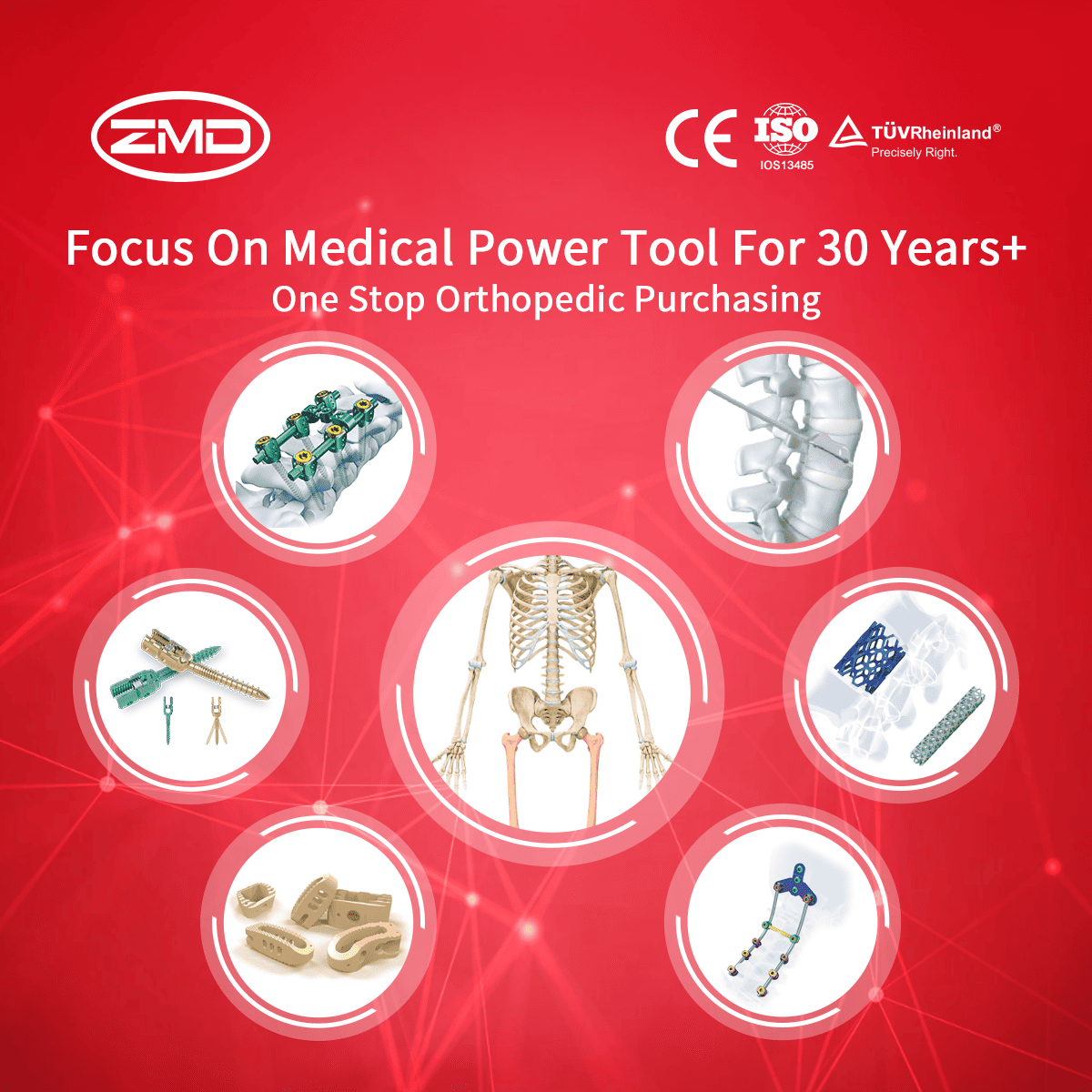When an acute sports injury strikes, it often brings with it immediate and noticeable symptoms like pain that can range from mild to severe, swelling that may quickly become evident, and a loss of function in the affected body part. For example, a sudden ankle sprain during a basketball game can cause sharp pain, visible swelling within minutes, and make it difficult or even impossible to put weight on the foot. In such cases, time is of the essence. Promptly seeking the expertise of a sports medicine specialist is crucial as they can quickly assess the situation. They’ll conduct a detailed physical examination to determine the extent of the damage, which might involve checking for ligament tears, fractures, or other issues. Based on their findings, they can then initiate the appropriate treatment right away, whether it’s immobilization, recommending the use of crutches, or arranging for further diagnostic tests like X-rays or MRIs if needed.
Persistent pain or limitations related to a sports injury can be extremely frustrating and debilitating. It could be a nagging knee pain that just won’t go away after a running injury months ago or a recurring shoulder discomfort that restricts your ability to perform certain exercises. A sports medicine professional has the skills and knowledge to dig deeper into such issues. They’ll take a comprehensive approach, looking at the history of the injury, past treatments tried, and any associated factors like changes in training routines. Through a combination of physical evaluations, perhaps including specialized tests to assess muscle strength, joint stability, and flexibility, they can identify the root cause of the problem. Once diagnosed, they’ll develop a customized treatment plan that might involve a mix of physical therapy, targeted exercises, medication, or other modalities to address the chronic condition and improve your quality of life.
For those aiming to reach their peak athletic performance, the advice and guidance from sports medicine practitioners are invaluable. They consider multiple aspects of an athlete’s life. In terms of training, they can analyze your current workout regimen and suggest modifications to make it more effective and efficient, ensuring you’re targeting the right muscle groups and improving the right skills for your sport. When it comes to nutrition, they can offer personalized dietary plans that optimize energy levels, aid in muscle recovery, and support overall health. Recovery strategies like proper sleep patterns, post-workout stretching, and the use of techniques like massage or cryotherapy can also be recommended. Moreover, mental conditioning is not overlooked. They can help you develop mental toughness, manage stress, and improve focus, all of which are crucial for performing at your best in competitive situations.
Even if you’re currently injury-free, being proactive about preventing future injuries is a smart move. Sports medicine professionals can assess your individual risk factors based on your sport, body type, and past injury history. They can then create preventive strategies tailored to you. This might include specific strengthening exercises for areas prone to injury, like core exercises to support the back in sports that involve a lot of twisting or bending. They can also educate you on proper warm-up and cool-down routines that are customized for your activity level and the demands of your sport. Additionally, they can provide advice on choosing the right footwear or protective gear to minimize risks during physical activities, ensuring you can stay active and healthy in the long run.
In conclusion, sports medicine is an essential discipline that truly benefits athletes and active individuals alike. By offering these diverse and comprehensive healthcare services, sports medicine professionals empower people to not only avoid injuries but also recover effectively when they do occur, enhance their athletic capabilities, and ultimately enjoy a better overall state of well-being while engaging in the physical activities they love

















